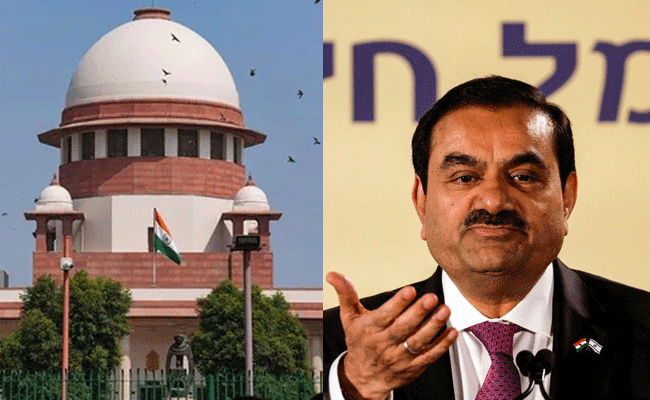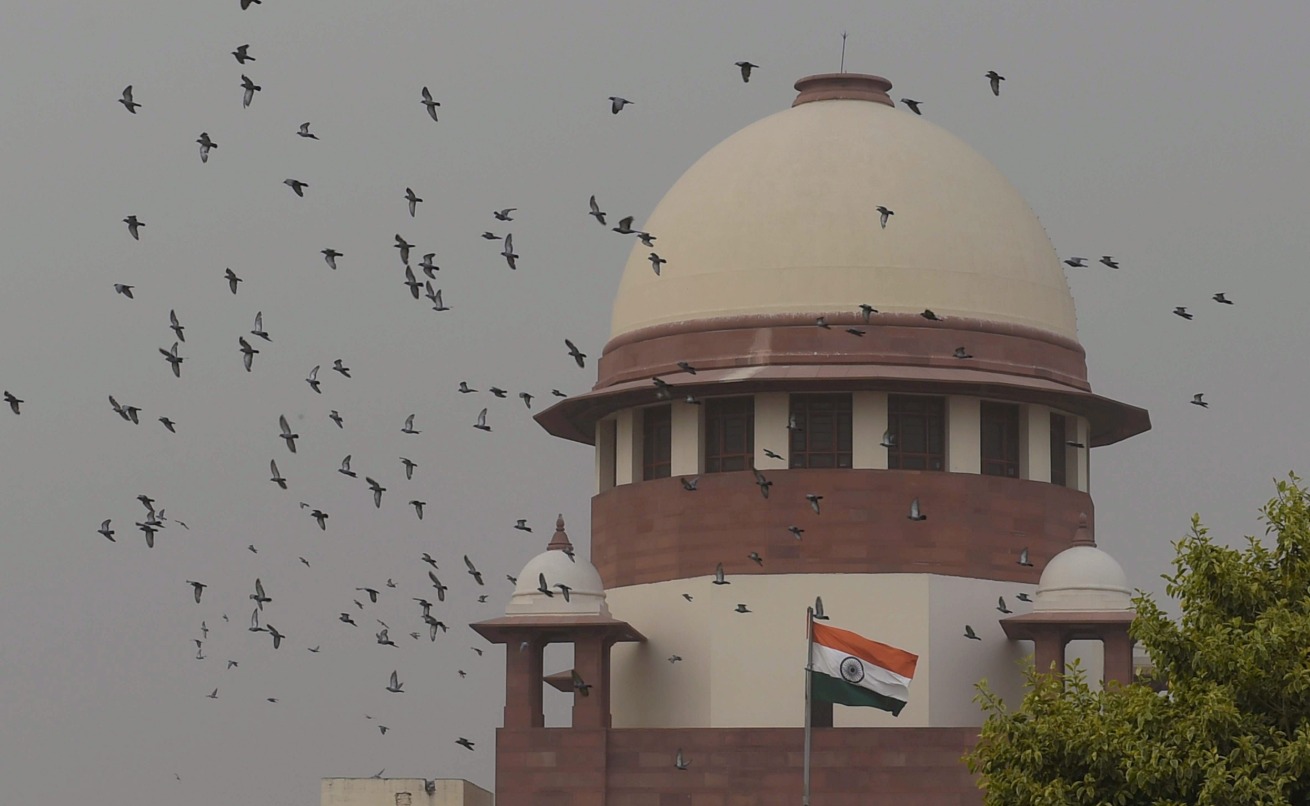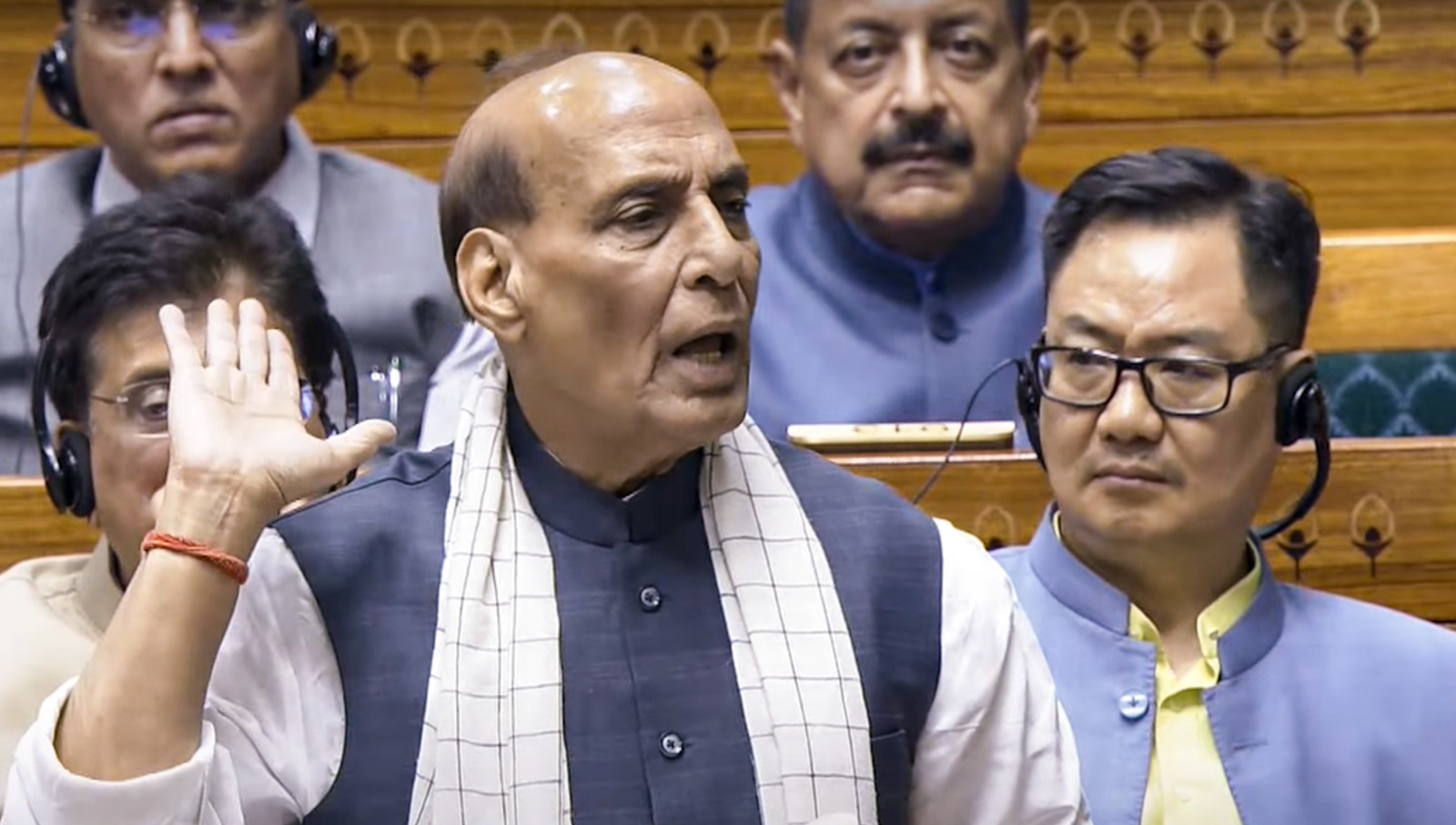New Delhi (PTI): The Supreme Court on Friday refused to accept in a sealed cover the Centre's suggestion on a proposed panel of experts for strengthening regulatory measures for the stock market.
Observing that it wants to maintain full transparency in the interests of investors, a bench comprising Chief Justice D Y Chandrachud and Justices P S Narasimha and J B Pardiwala said it would rather not accept the Centre's suggestion in a sealed cover.
"We will not accept the sealed cover suggestion by you because we want to maintain full transparency," the bench said.
On February 10, the top court had said the interests of Indian investors need to be protected against market volatility in the backdrop of the Adani Group stock rout and asked the Centre to consider setting up a panel of domain experts headed by a former judge to look into strengthening the regulatory mechanism.
Till now, four PILs have been filed in the top court on the issue by lawyers M L Sharma and Vishal Tiwari, Congress leader Jaya Thakur and activist Mukesh Kumar.
Adani Group stocks have taken a beating on the bourses after the Hindenburg Research made a litany of allegations, including fraudulent transactions and share-price manipulation, against the business conglomerate.
The Adani Group has dismissed the charges as lies, saying it complies with all laws and disclosure requirements.
Let the Truth be known. If you read VB and like VB, please be a VB Supporter and Help us deliver the Truth to one and all.
New Delhi(PTI): The Supreme Court on Monday refused to stay the publication of draft electoral rolls in poll-bound Bihar saying it would once for all decide the pleas against the Election Commission's special intensive revision (SIR) of electoral rolls.
A bench of Justices Surya Kant and Joymalya Bagchi said it would fix on July 29, the time schedule to conduct the final hearing of the matter.
Senior advocate Gopal Sankaranarayanan, appearing for an NGO, said the electoral rolls should not be finalised in the interim and there should be an interim stay on the publication of the draft rolls.
The bench observed the last order of the top court noted the petitioners not pressing for an interim relief and, therefore, it couldn't be done now and matter would be interpreted once for all.
It asked the poll panel to continue accepting Aadhaar and voter ID for the SIR exercise in Bihar in compliance with its order saying both documents had a "presumption of genuineness".
The court said it prima facie agreed with the order of the top court and the EC accepted in its counter affidavit that Aadhaar, voter cards and ration cards were required to be accepted.
“As far as ration cards are concerned we can say they can be forged easily but Aadhaar and voter cards have some sanctity and have presumption of genuineness. You continue accepting these documents,” the bench said.





